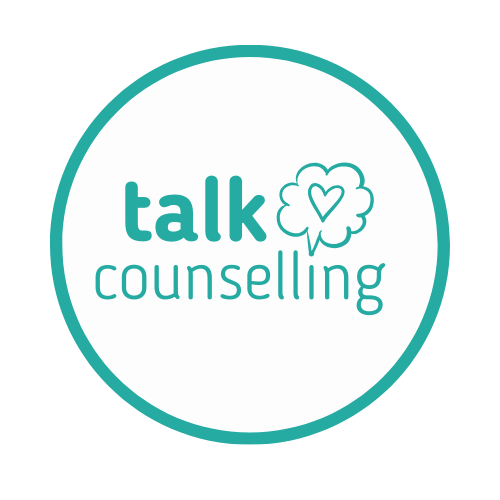- April 27, 2023
- Jason
- No Comments
Sleep is crucial for our overall health and well-being. It helps our body repair and rejuvenate, strengthens our immune system and aids in regulating our mood. However, for many people, sleep does not come easily, and they struggle with insomnia. If you are one of those people, you are not alone. According to the National Sleep Foundation, about 30-40% of adults report symptoms of insomnia each year. Fortunately, there are several steps you can take to improve your sleep quality and overcome insomnia.
Remember, it’s essential to be patient and consistent when trying to beat insomnia. It may take time to establish a healthy sleep routine and see results. Be kind to yourself, and celebrate small victories along the way.
Jason Dudley MBACP
7 ways to beat insomnia
Stick to a regular sleep schedule: Try to go to bed and wake up at the same time every day, even on weekends. This will help regulate your body’s sleep-wake cycle and promote better sleep.
Create a relaxing bedtime routine: Establish a relaxing routine before bed, such as taking a warm bath, listening to calming music, or reading a book. This can help signal to your body that it’s time to wind down and prepare for sleep.
Make your bedroom conducive to sleep: Keep your bedroom quiet, cool, and dark. Invest in comfortable pillows and a supportive mattress. Remove electronic devices from the bedroom, as the blue light emitted from screens can interfere with sleep.
Limit caffeine and alcohol intake: Avoid caffeine and alcohol, especially in the evening. Caffeine is a stimulant that can keep you awake, and while alcohol may initially make you feel drowsy, it can disrupt your sleep later in the night.
Exercise regularly: Regular exercise can improve the quality and duration of your sleep. However, avoid vigorous exercise close to bedtime, as it can increase your alertness and make it harder to fall asleep.
Practice relaxation techniques: Techniques such as deep breathing, meditation, and progressive muscle relaxation can help reduce stress and anxiety, which are common causes of insomnia.
Consider talking to a therapist: If your insomnia persists, consider talking to a therapist or counsellor. They can help you identify and address any underlying psychological or emotional issues that may be interfering with your sleep.
Well I ever be able to sleep again?


